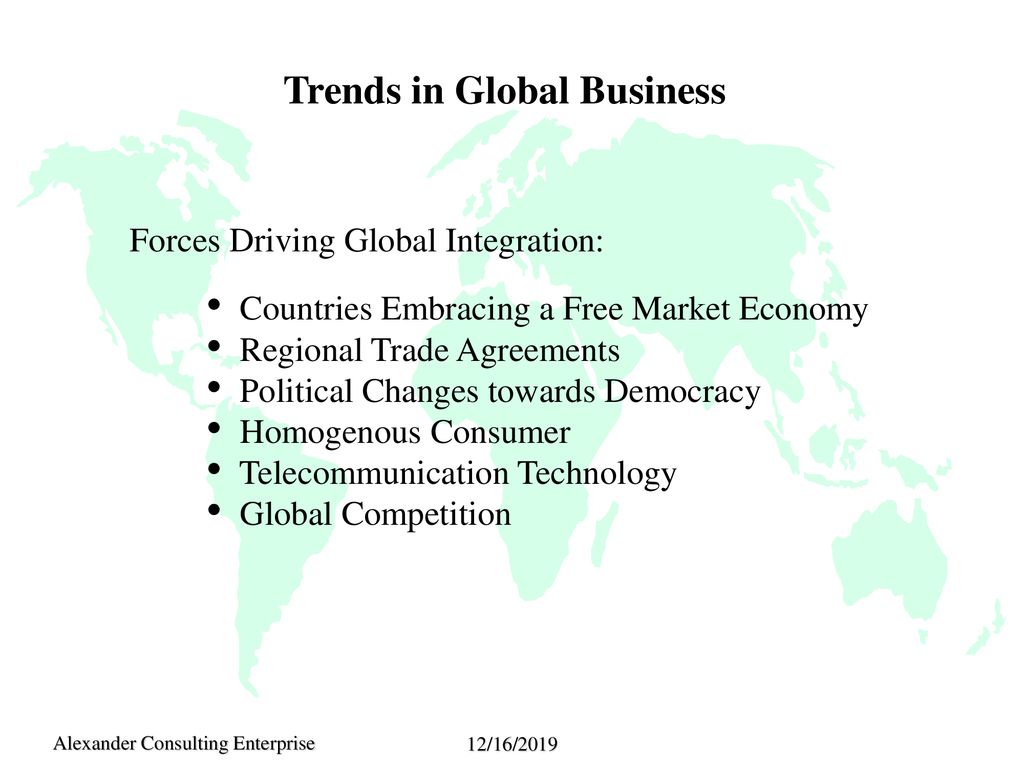Embarking on the journey of Adapting Your Business to Economic Shifts Worldwide, we delve into the essential strategies and insights necessary for navigating the ever-changing global economic landscape.
The following paragraphs will provide a comprehensive guide on how businesses can thrive in the face of economic fluctuations and market trends.
Understanding Economic Shifts
Economic shifts refer to changes in the overall economic environment that can impact businesses on a global scale. These shifts can be influenced by various factors such as government policies, technological advancements, consumer behavior, and global events.
Definition of Economic Shifts
An economic shift can manifest in various forms, such as changes in consumer spending habits, fluctuations in currency values, shifts in market demand, or alterations in regulatory frameworks. These changes can have a significant impact on businesses, affecting their profitability, market share, and overall sustainability.
Key Indicators of Economic Shifts Worldwide
- Rising or falling GDP growth rates in different regions
- Changes in interest rates set by central banks
- Fluctuations in exchange rates between currencies
- Shifts in consumer confidence levels
- Global geopolitical events affecting trade agreements
Importance of Adapting to Economic Changes for Business Sustainability
Businesses that fail to adapt to economic shifts risk falling behind their competitors and facing financial difficulties. By staying agile and responsive to changes in the economic landscape, companies can position themselves for long-term success and growth. Adapting to economic changes allows businesses to seize new opportunities, mitigate risks, and maintain their relevance in a dynamic and competitive market environment.
Strategies for Adapting Your Business
Adapting to economic shifts requires strategic planning and implementation to ensure the sustainability and growth of your business. Diversification, innovation, and market research play crucial roles in navigating through changing economic landscapes.
Explore Diversification as a Strategy
Diversification involves expanding your product or service offerings to different markets or industries. By diversifying, your business can reduce its reliance on a single market or product, spreading out risks and opportunities.
- Diversifying your product line can help mitigate the impact of economic downturns in specific industries.
- Entering new markets can open up additional revenue streams and protect your business from regional economic fluctuations.
- Acquiring or merging with other businesses can also be a form of diversification, allowing you to leverage their strengths and resources.
Discuss the Role of Innovation
Innovation is essential for adapting to economic changes and staying ahead of the competition. By continuously innovating, your business can develop new products, services, or processes that meet evolving customer needs and market demands.
- Investing in research and development can lead to breakthrough innovations that give your business a competitive edge.
- Embracing new technologies and trends can help streamline operations, improve efficiency, and enhance customer experiences.
- Cultivating a culture of innovation within your organization encourages creativity, problem-solving, and adaptability among your team members.
Analyze the Importance of Market Research
Market research is vital for identifying opportunities and trends that emerge during economic shifts. By understanding market dynamics, consumer behaviors, and competitive landscapes, your business can make informed decisions and capitalize on new opportunities.
- Conducting market research allows you to anticipate changes in consumer preferences and adjust your offerings accordingly.
- Monitoring competitors and industry trends helps you stay agile and responsive to market shifts.
- Gathering data on economic indicators and forecasts can guide your business strategy and decision-making in uncertain economic environments.
Global Market Trends
Global market trends play a crucial role in shaping the business landscape and influencing strategic decisions. Understanding these trends is essential for businesses looking to adapt and thrive in the ever-changing global economy.
Emerging Markets and Business Growth
Emerging markets represent regions with rapidly growing economies and increasing consumer demand. These markets offer significant opportunities for businesses to expand their operations and tap into new customer bases. By identifying and entering emerging markets, businesses can diversify their revenue streams and reduce dependence on traditional markets.
- Latin America: With a growing middle class and increasing internet penetration, Latin America presents a promising market for businesses across various industries. Countries like Brazil, Mexico, and Colombia are experiencing economic growth and offer lucrative opportunities for expansion.
- Asia-Pacific: The Asia-Pacific region continues to be a hotbed for economic activity, driven by countries like China, India, and Indonesia. Rapid urbanization, technological advancements, and changing consumer preferences make this region a key focus for businesses seeking growth.
- Africa: Africa is often referred to as the "next frontier" for business expansion due to its young and growing population, improving infrastructure, and rising disposable incomes. Countries like Nigeria, Kenya, and South Africa are attracting investments from companies looking to capitalize on the continent's untapped potential.
Technological Advancements and Global Market Dynamics
Technological advancements have revolutionized the way businesses operate and interact with customers on a global scale. From e-commerce platforms to artificial intelligence, technology plays a critical role in shaping market dynamics and driving innovation.
Blockchain technology has the potential to streamline supply chain processes and enhance transparency in global trade.
Businesses that embrace digital transformation and leverage technology to enhance their operations are better positioned to adapt to changing market trends and meet the evolving needs of customers. Investing in emerging technologies can give businesses a competitive edge and drive sustainable growth in the global market.
Financial Planning and Risk Management
Financial planning plays a crucial role in helping businesses navigate economic shifts. By carefully managing finances and preparing for potential risks, companies can increase their resilience and adaptability in uncertain times.
Significance of Financial Planning
Effective financial planning involves creating detailed budgets, forecasting cash flow, and setting clear financial goals. By establishing a solid financial foundation, businesses can better cope with sudden changes in the market and make informed decisions to optimize resources.
Risk Management Strategies
Risk management is essential for protecting businesses during economic uncertainties. Strategies such as diversifying revenue streams, maintaining adequate reserves, and monitoring market trends can help mitigate potential risks and minimize financial losses.
Contingency Planning for Financial Risks
Contingency planning involves preparing for unexpected events that could impact a company's financial stability. By identifying potential risks, developing response plans, and regularly reviewing and updating strategies, businesses can proactively manage financial challenges and ensure continuity in operations.
Final Wrap-Up
In conclusion, adapting your business to economic shifts worldwide is not just a challenge but an opportunity for growth and innovation. By implementing the right strategies and staying informed about global market trends, businesses can position themselves for long-term success in an ever-evolving economy.
Query Resolution
How can economic shifts impact businesses?
Economic shifts can affect businesses by changing consumer behavior, market demand, and overall business profitability.
What is the role of innovation in adapting to economic changes?
Innovation plays a crucial role in adapting to economic changes as it allows businesses to stay competitive and relevant in evolving markets.
Why is financial planning important during uncertain economic times?
Financial planning is essential during uncertain economic times to ensure businesses have the necessary resources to weather financial instability.




